As His Remains Are Finally Interred, Powerful Emblems of Matthew Shepard’s Life and Memory Come to the Smithsonian
Judy and Dennis Shepard lay their son to rest at the Washington National Cathedral after donating childhood artwork, photos and a wedding ring
:focal(546x265:547x266)/https://tf-cmsv2-smithsonianmag-media.s3.amazonaws.com/filer/ad/7d/ad7d77f0-bb79-4477-a47c-cb6d6ea2ca4b/matt_opening_illo-3_1.jpg)
It was on an October night in 1998 that two male perpetrators kidnapped and tortured 21-year-old Matthew Shepard, a passionate and precocious student at the University of Wyoming in Laramie, for no reason other than the fact he was gay.
Lashed to a stretch of fence, Shepard’s body was discovered 18 hours after the assault. Though rushed to a hospital, the elder child of Judy and Dennis Shepard never recovered. His parents were left reeling over the barbarism and senselessness of the attack, unsure at first of how to move forward with their own lives and how to do right by their son.
What the Shepards settled on was a sweeping civil rights campaign, fueled in part by anger over what had happened, but principally by love for their kindhearted departed son. As condolence letters penned by everyday Americans poured in from all across the country, Judy and Dennis Shepard felt empowered to take a stand.
By December, Judy Shepard had established the Matthew Shepard Foundation, an organization which continues to promote LGBTQ acceptance in the U.S. and abroad to this day. Thanks largely to the urgent demands of the Shepards and staunch support from allies in the gay community, the Matthew Shepard and James Byrd Jr. Hate Crimes Prevention Act—which expanded the federal definition of hate crimes—was signed into law in 2009.
Twenty years after the events that robbed them of their son, the Shepards are as staunch as ever in their support for universal, unalienable gay rights. At a donation ceremony convened at the National Museum of American History in Washington, D.C. this Thursday, Judy and Dennis Shepard signed into the custody of the Smithsonian Institution a number of powerful emblems of their son’s life, ranging from a smiling photo of Shepard taken during his high school studies in Switzerland to a child-sized Superman cape worn down from regular and energetic use. Today, hundreds attended an interment ceremony at the Washington National Cathedral, where Shepard’s ashes were placed in the crypt.
Though he did dream of one day advocating for gay rights on a national or international stage, Matthew Shepard was unsure of what precise path he wanted to take with his studies and career—a situation familiar to most every one-time college student. At the time of Shepard’s abduction, his mother recalls that his main priority was simply “trying to live his life, in a very complicated world that wasn’t very accepting.”
One of the most poignant donations to the Smithsonian’s American history collection is a modest wedding ring, which Shepard evidently purchased just as he was starting college. “There were instructions on how to score it,” notes curator Katherine Ott, “for the jeweler to decorate it a little extra. Because he was going to get married—fall in love someday.” Judy Shepard finds the piece equally moving, viewing it as “a symbol of hope for him, that he would find someone to actually share a life with.”
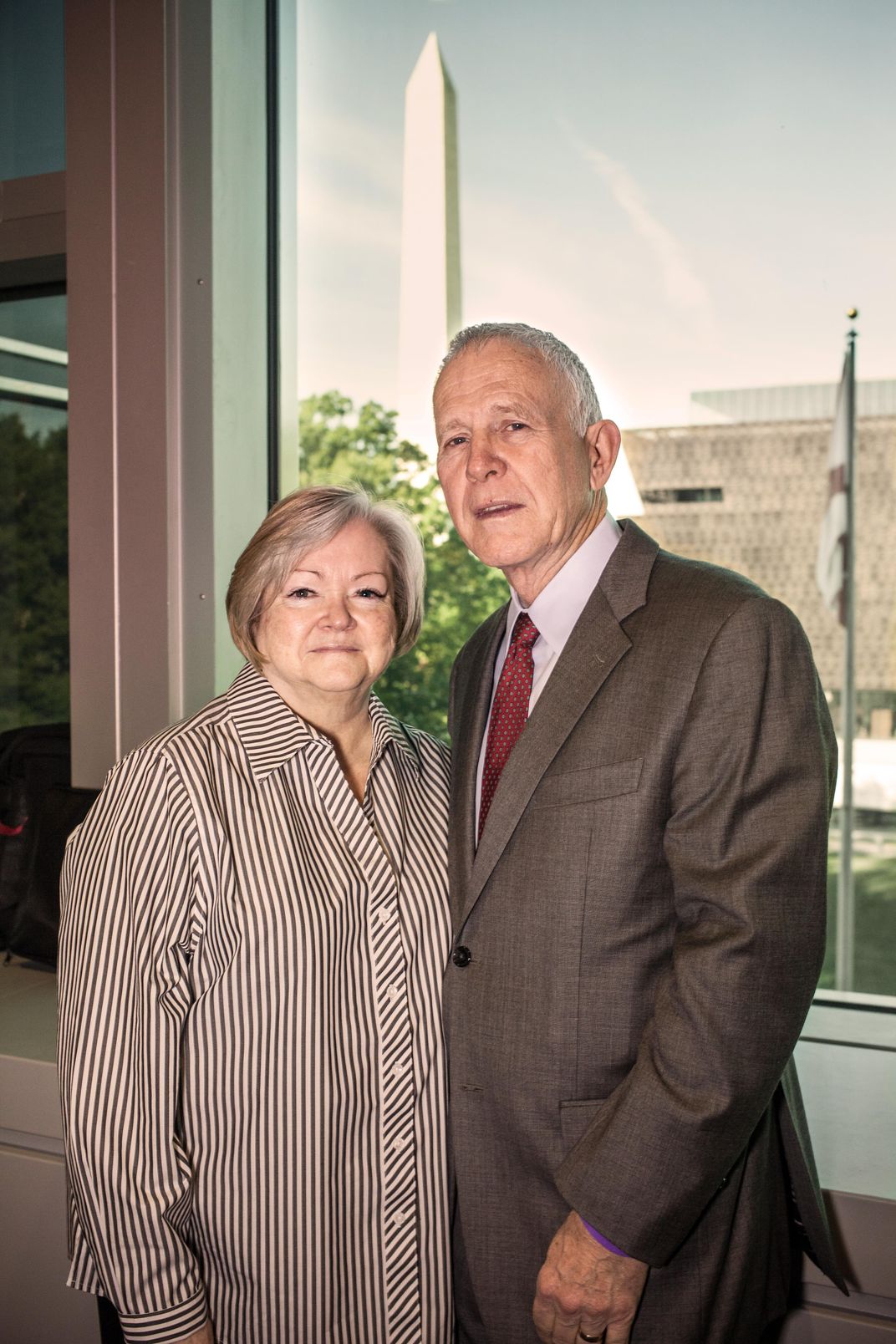
Some of the Shepards’ other donations emphasize the larger-than-life symbolic role Matt Shepard came to take on among the LGBTQ community following his passing. These include boxes full of condolence letters, and T-shirts bearing custom Matt Shepard-inspired artwork and slogans from creative activists all over America. The museum will digitize a selection of the collection for greater access.
“Things are already being made available for research and study,” Ott says, and in time, most all of the new Matthew Shepard materials will be made accessible online for formal scholarship and public contemplation alike.
Above all, the sense of Matthew Shepard that emerges from his personal effects and the letters written about him after his murder speak to the fact that he was an everyday American—a hardworking, mild-mannered college student like any other whose dreams were arbitrarily snuffed out in a moment of bigotry and hate.
“It’s a display of normalcy,” says Dennis Shepard, “of a kid growing up thinking he had equal rights with everyone else who’s an American citizen—not really realizing at the time that he was considered second-class, and that he wasn’t as ‘equal’ as all his friends and relatives.”
Recent years have witnessed an alarming resurgence in anti-LGBTQ hostility and hate crimes in the United States, and Judy and Dennis Shepard are determined to raise their voices in defense of those young people subject to the sort of bullying and abuse their son endured. Judy Shepard spoke forcefully at Thursday’s event in support of additional nationwide hate crime laws, and resolved to push forward in spite of disheartening setbacks for the gay community. “I’m mad again now, so look out!” she told the audience, which answered her call to action with the most intense applause of the day.
In the eyes of Dennis Shepard, the question posed by his son's tragic death is not one of “gay rights” per se, but rather of human rights—rights to which every American should be entitled. “We had a straight son and a gay son,” he says, “and they were not considered equal. They didn’t have the same rights. Why is that? I can’t get an answer from anybody.”
/https://tf-cmsv2-smithsonianmag-media.s3.amazonaws.com/accounts/headshot/DSC_02399_copy.jpg)
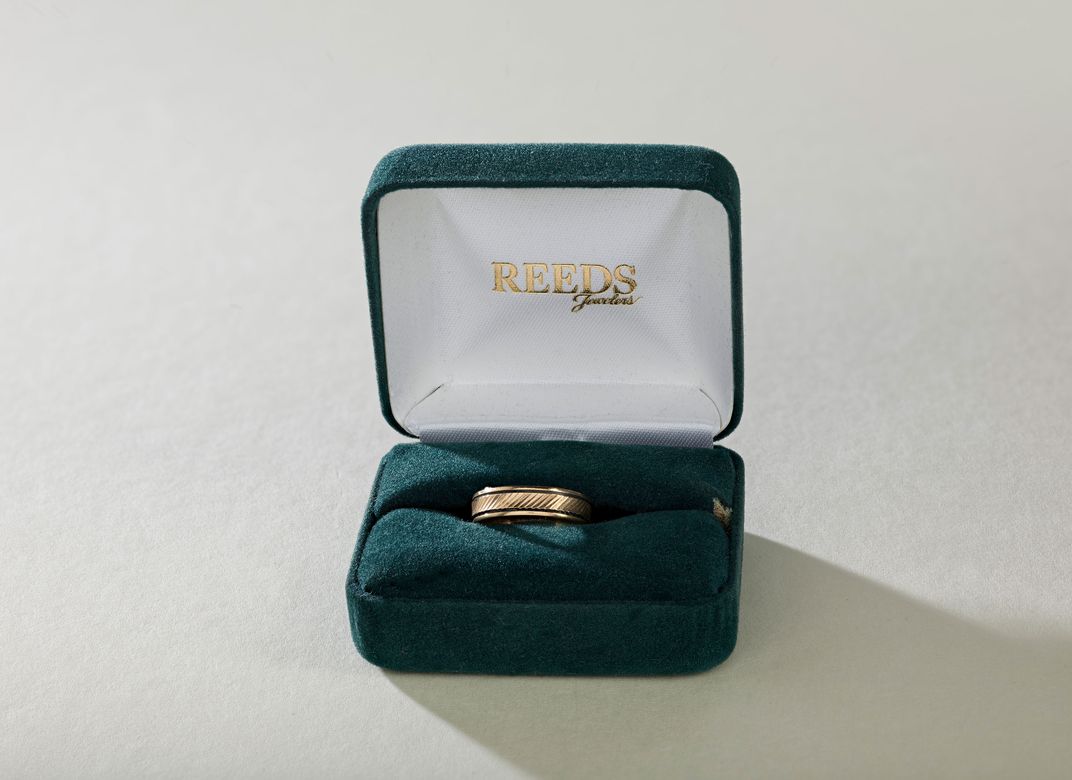
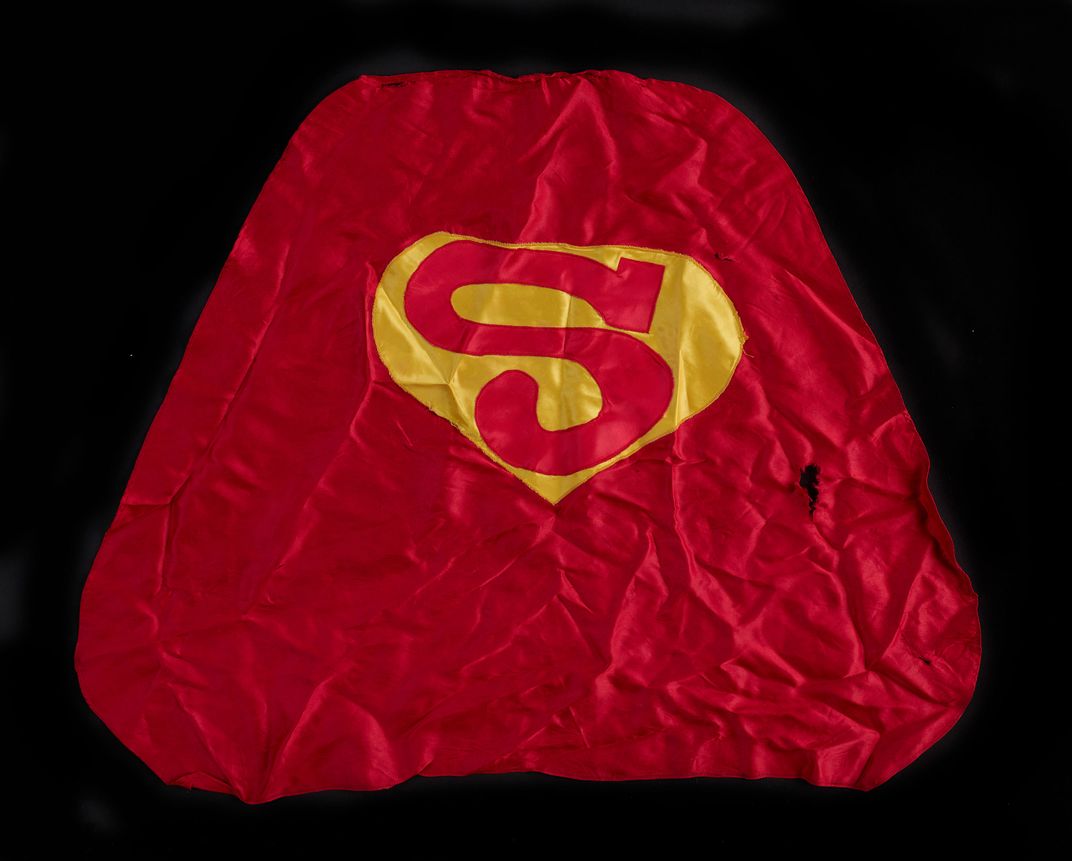
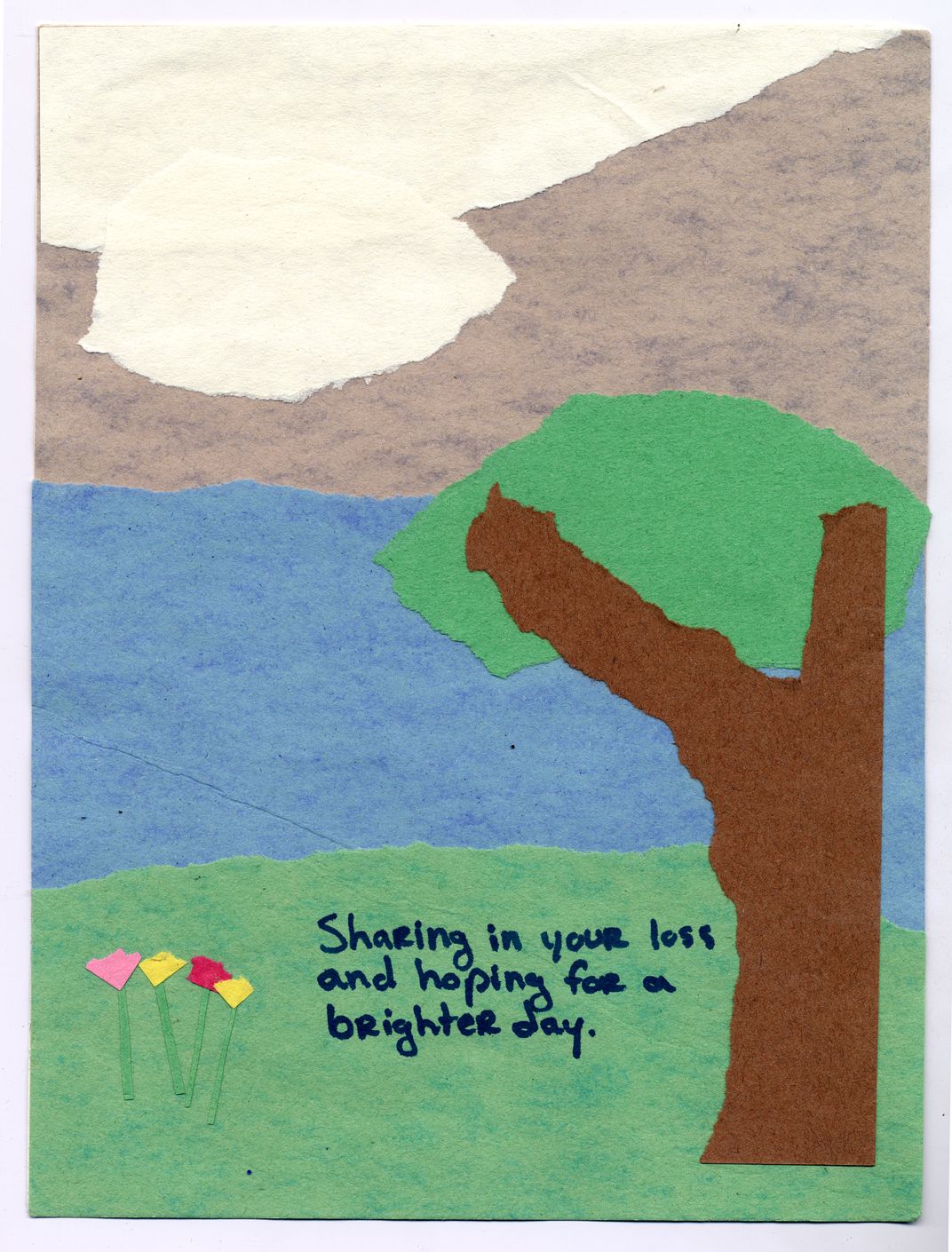
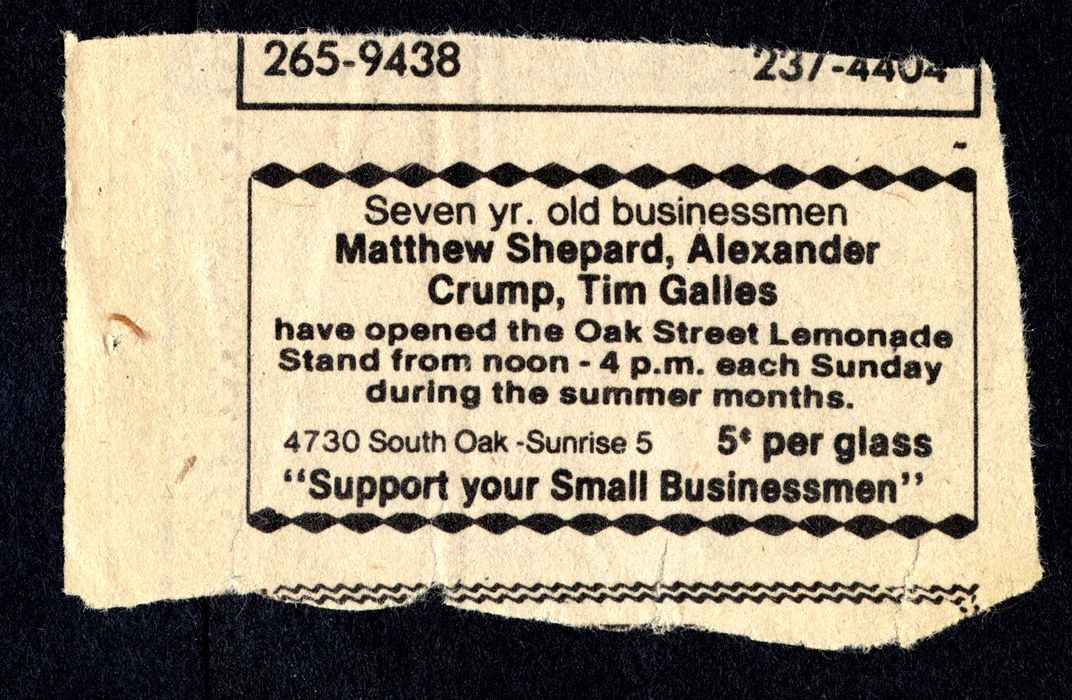
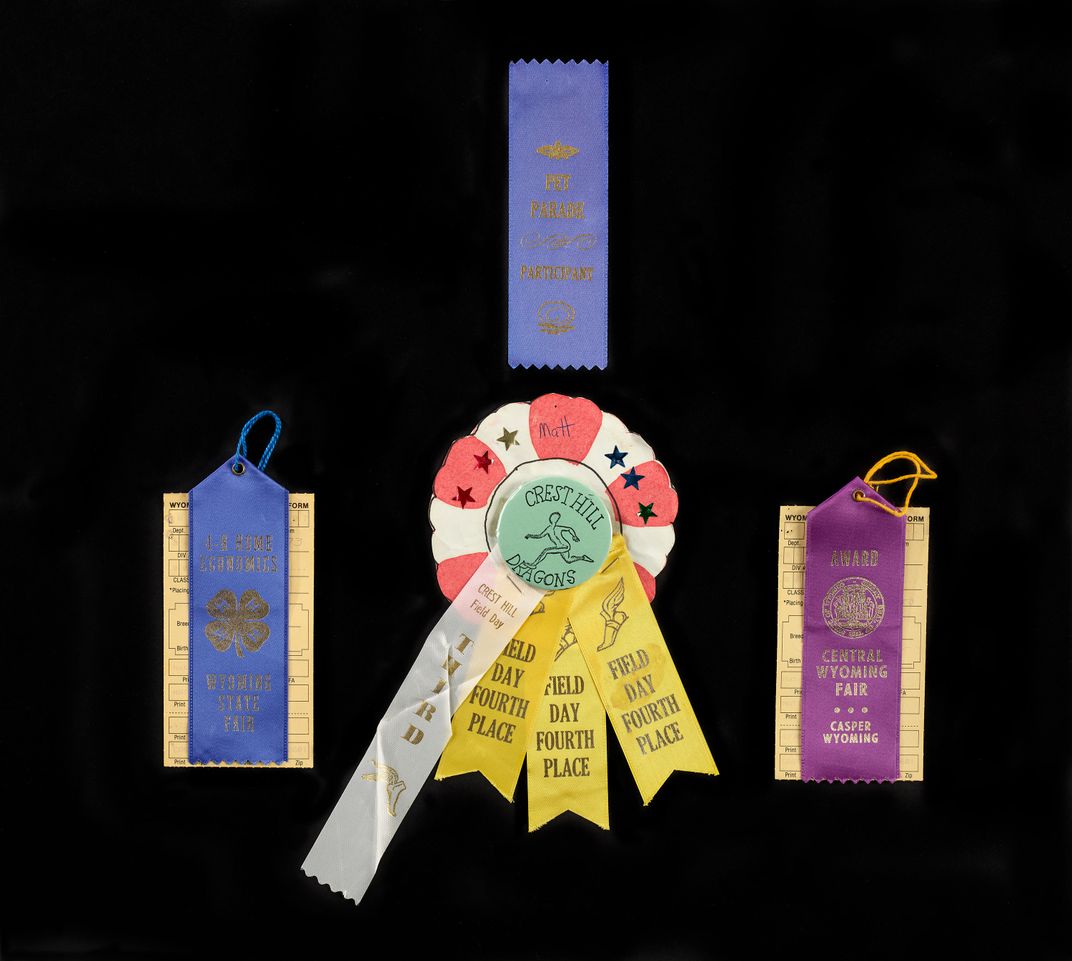

/https://tf-cmsv2-smithsonianmag-media.s3.amazonaws.com/accounts/headshot/DSC_02399_copy.jpg)